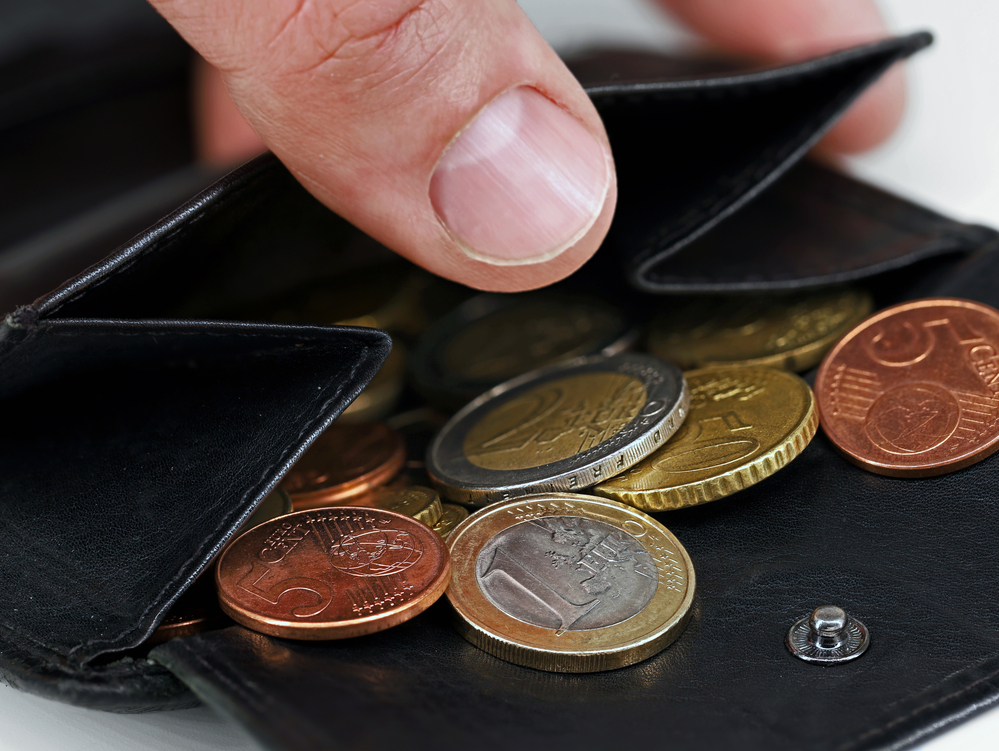Heathcare, jobless benefit cuts to pay for spring spending plans

The right-wing government plans to fund its latest spending proposals by cutting €600 million from the healthcare budget and reducing unemployment benefit from two years to 18 months, the AD reported on Wednesday evening.
The four coalition parties reached agreement on the spring financial statement on Wednesday morning after 25 hours of talks, but have remained tight-lipped about how the new measures will be paid for. Finance minister Eelco Heinen said after the talks concluded that there was “pain” for all four parties.
However, sources told the paper that cuts to unemployment benefit and healthcare will account for much of the savings. Employers will also face higher social security premiums for staff, although it is not yet clear by how much, the AD said.
The four parties have also agreed to increase spending on asylum by €900 million, despite the government’s stated aim of pursuing the “toughest asylum policy ever”. The ongoing shortage of accommodation has forced the government to house people in hotels and on ships, which can cost up to three times more than regular housing, the AD reported.
Income tax will not be cut as much as originally planned, to offset the decision to scrap a planned increase in value added tax on books and the cultural sector.
Some ministries will also have their budgets frozen and will not receive the usual annual increase to account for inflation.
Key points of the agreement
The energy tax will be cut by €200 million, reducing the average annual domestic bill by around €20.
Rents for social housing will be frozen at current levels for two years, and housing benefit will be increased by a total of €1.1 billion. This means a planned 5% rent rise for this year will not go ahead – much to the fury of housing corporations.
A planned €250 million cut in childcare spending has been dropped.
€200 million will go towards reforming the invalidity benefit system — far below the €1 billion to €2 billion that officials say is needed.
Income tax will be reduced by less than originally planned to offset the decision not to raise value added tax on books and the cultural sector.
The defence ministry’s budget will rise by €1.1 billion, though this is not enough to meet Nato’s new target of spending at least 3% of GDP.
€1.9 billion will be allocated to building the Nedersaksen railway link between Enschede and Groningen. The money has been reallocated from reserves earmarked for the long-delayed Lely line from Lelystad to Groningen.
An extra €600 million will be made available to support farmers in 2025 and 2026.
More funding will be allocated for legal aid lawyers.
Additional funding will go to local authorities, which still face major cuts from next year.
Plans to increase the tax on alcohol have been abandoned.
€855 million will be allocated to road and sluice infrastructure works.
€180 million has been reserved to help large industrial companies cope with higher energy costs.
Climate decisions postponed
Decisions on additional funding to tackle nitrogen-based pollution and climate change have been postponed until August, when the annual budget talks will take place. Further negotiations on extra asylum funding will also be held at that time.
No additional funds have yet been allocated to address the ongoing shortage of prison space.
This year’s talks became bogged down in discussions over how much financial room there was for new policies. Under cabinet rules, all windfalls for the treasury must be used to reduce the national debt, a position strongly defended by the right-wing liberal VVD.
The package must now be assessed by the Council of State and the macro-economic planning bureau CPB before being submitted to Brussels as part of the European Union’s fiscal review process.
Thank you for donating to DutchNews.nl.
We could not provide the Dutch News service, and keep it free of charge, without the generous support of our readers. Your donations allow us to report on issues you tell us matter, and provide you with a summary of the most important Dutch news each day.
Make a donation